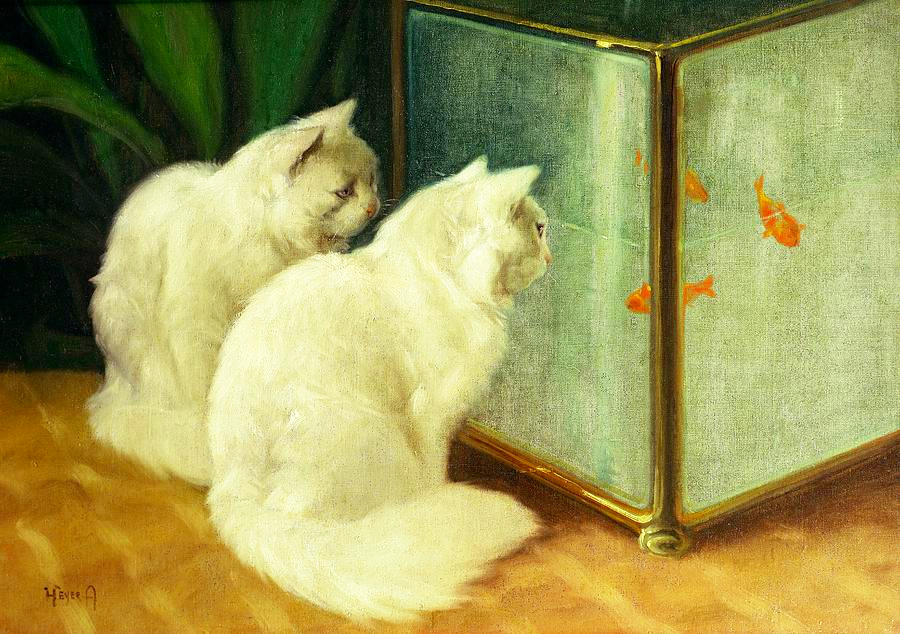Double Brain And Body Power
Home Articles Book Q&A About Contact
Performance And Health Can Be As Good As Goldfish
by Mark Cammack March 22, 2019

By carefully observing and intelligently adjusting events in environments we may control the outcome. This can lead to healthier, happier lives with better mental and physical performance.
Let us consider the power of environments. Picture healthy goldfish in a clean aquarium. Now consider what would occur if they were suddenly dropped into a polluted tank. What would happen to the goldfish? Would the environmental change potentially affect all parts of the fish and their lives?
The environment often determines the outcome. We may not sense changes if they occur slowly. Just as with the goldfish, environments can affect every aspect of our lives. Our ability to think clearly, feel good, be healthy, and perform well may be impacted, either positively or negatively, by what is around us. This involves chemicals we breathe from the air that go into our bodies, the foods we eat, the types of stress experienced, and dissonant noise or soothing music. It includes the goals we have and actions we take, and what persons and groups about us do. Some technologies have greatly helped humanity. We have also constructed specific environments, buildings, and systems that have unwittingly become our cage. These can keep us from reaching our ideal health and performance states. They have gradually been accepted, without us always realizing what has happened or how we are limited by them.
For example, in nature, fish may move to different waters or areas if there is a need. Human travelers sometimes mention unusual fatigue or unwellness. This goes beyond jet lag or the stress of travel itself. Hotels may contribute to this by having sealed windows that do not let fresh air inside the rooms. This is compounded by the spraying of chemicals, often commercial cleaning agents, pesticides, or air additives, that do not belong in the human body. Dirty air is similar to polluted water in the fish tank. There are hypoallergenic and natural alternatives available, and fully functional windows are possible. The adage If you would not eat it, do not breathe it, holds true.
Let us return to our initial observation: Suppose we have two fish tanks, and the water from one is clean and the other polluted. If the fish were raised in each tank, would the fish from each habitat know it was in a clean or dirty environment? Would they realize it if they were suddenly switched from one tank to the other? As humans, is it possible to be aware of or reach our full potential unless we are in the better environment?
Suppose our goldfish were dropped into not only a tank with some toxins, but also with those that may be unkind to them, such as piranha fish. While both are types of fish, they have different cultures and behaviors. In human terms this means we need to be aware of toxins and toxic people. To deny that these exist would be naive. What has just been described is a chemically and socially detrimental environment. The opposite is required.
The positive side of this is that we can be aware of what is happening. Unlike the goldfish in a tank, we may choose to seek out or create healthy places and spaces with good people. Well-being along with the development of mind, body, character, and quality surroundings should be supported. It requires making wise choices. Some of us are in limiting environments. Knowing what to do and taking appropriate action can lead to freedom. Just like the goldfish, if we can get out of the troublesome tank fast enough, one healthy environment might be all we need.
Images
Photo adapted by author from painting White Cats Watching Goldfish by Arthur Heyer. Works by Arthur Heyer are in the Public Domain because the artist passed away over 70 years ago (1931). Copy of painting provided by Plum leaves on Foter.com / CC BY
© Copyright 2019 Mark Cammack. All rights reserved.